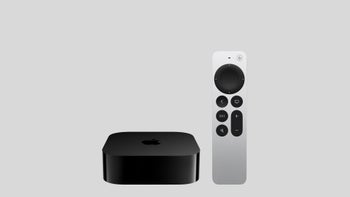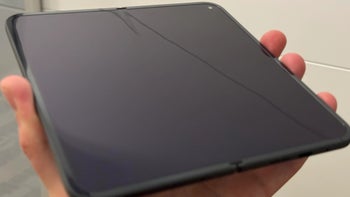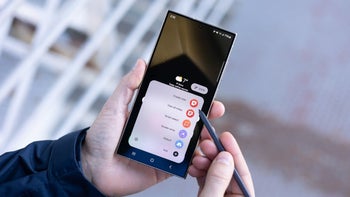Slim iPhone 16 mainboard fate catches up with the iPhone 17

When Apple embarked on a project to make the stacked iPhone motherboard even thinner and more space-saving inside the handset so that it can free room for other components, it might have been overly optimistic about the results.
Last October, reputed tech supply chain analyst Ming-Chi Kuo reported that Apple is working on a new iPhone 17 Pro line motherboard that would be using a Resin Coated Copper (RCC) base.
Such RCC mainboards can be made thinner and are easier to drill into, in a double whammy of advantages for Apple's iPhones. First, they would be easier to design and install, and then the valuable real estate they free up on the inside of a handset could be used for other purposes such as a larger battery.
The thinner Resin Coated Copper motherboards are more brittle, though, and the material manufacturers are few and far between, which presented a challenge for including them in the iPhone 16 Pro. Apple then tasked its Japanese supplier Ajinomoto with improving the durability of the board bases so that it can use them in the iPhone 17 Pro and iPhone 17 Pro Max that are coming in 2025.
Unfortunately, however, Mr, Kuo is now reporting that the Resin Coated Copper mainboards that Ajinomoto developed for the iPhone are still not meeting important drop and durability tests.
Apple has thus scrapped the iPhone 17 series RCC project altogether, says Kuo, and the "new iPhone 17 in 2025 will not use RCC as the PCB motherboard material." Pity, as this would have meant that the iPhone 17 Pro Max could have a stellar battery life, even longer than the already record one expected from the larger battery in the iPhone 16 Pro Max that is coming in September.
Oh, well, you can't have it all, but hopefully Apple's Resin Coated Copper PCB board efforts towards freeing up space inside the iPhone will pay off as they have before with other such undertakings.




![iPhone users on AT&T left without service after massive outage [UPDATED]](https://m-cdn.phonearena.com/images/article/161893-wide-two_350/iPhone-users-on-AT-T-left-without-service-after-massive-outage-UPDATED.jpg)








Things that are NOT allowed: